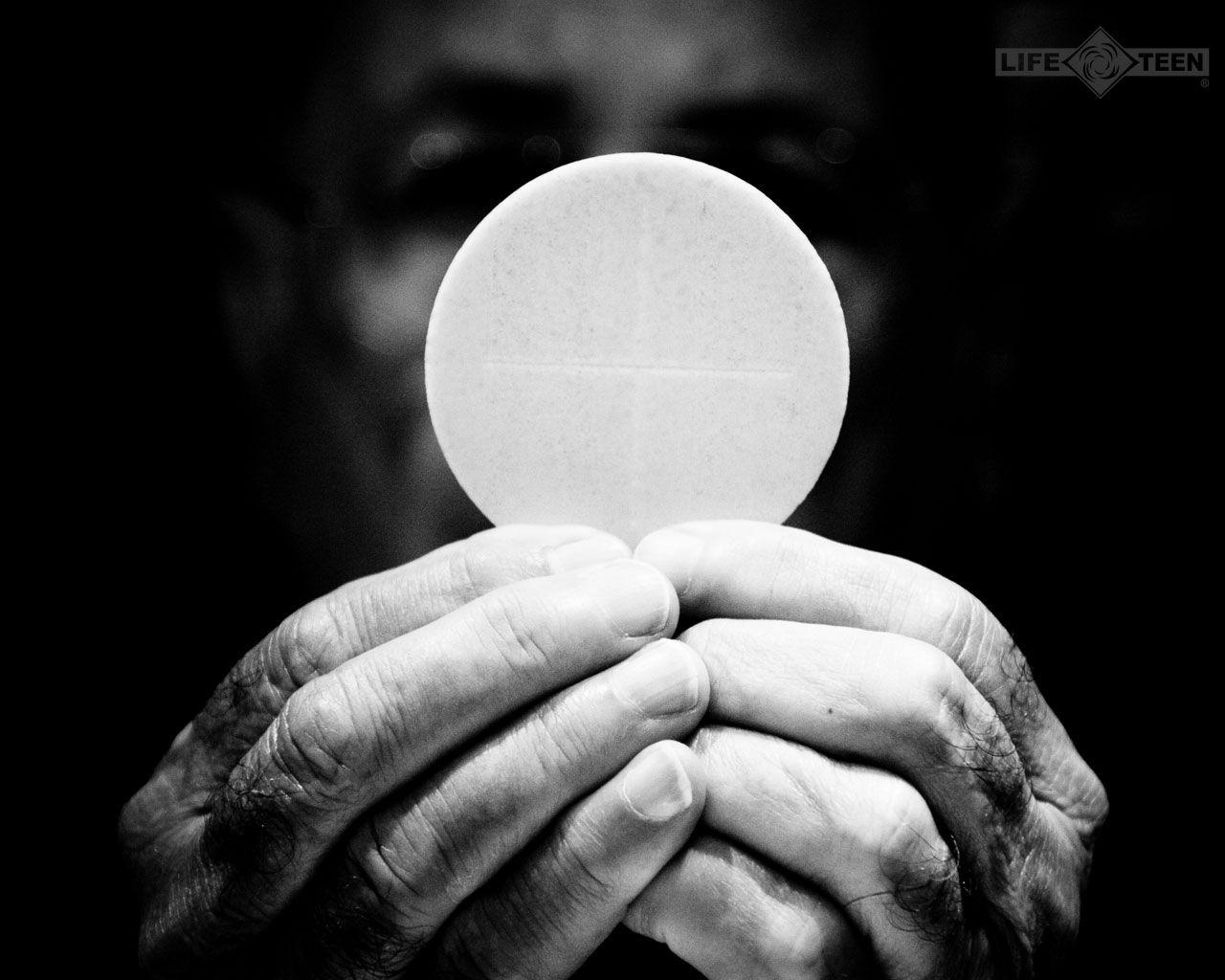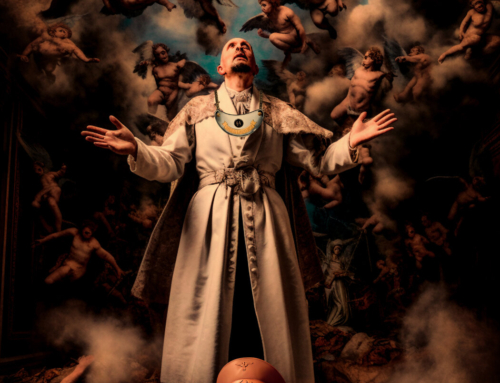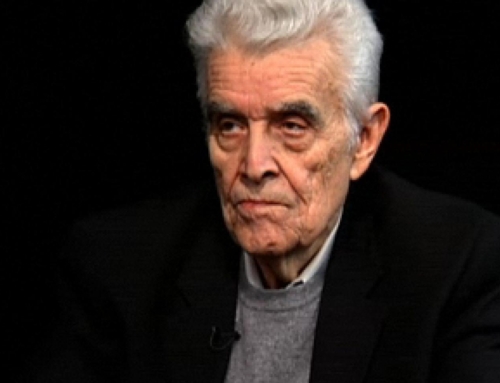In a recent article for National Catholic Reporter, Jesuit NuChurch priest, Thomas Reese said he didn’t believe in transubstantiation because it was an out of date concept which was impossible for anyone to understand who hadn’t studied Aristotelian metaphysics. Now “Aristotelian metaphysics” is itself a nice juicy long word and one which is easily used to confound people. I have learned over the years that one of the ways for NuChurch innerleckshuls have to promote all forms of heresy and dissent is to complicate what is simple and simplify what is complex.
They use big words to show off about how smart they are, but they also use big words and long winded arguments (often in PhD dissertations or boring books) to confound people of lesser education and smaller vocabularies. They also use the other tactic of taking complex moral and theological concepts or principles and simplifying them by reducing the conversation to sentimentality, straw men and ad hominem arguments. What pleases me immensely is that the ordinary Catholics in the pews–the men in my parish men’s group for example–are not as dumb as the innerleckshuls think they are. They are no so easily fooled by smart Jesuits in New York, Washington DC or Rome. Neither are they taken in by their manipulative and underhanded tactics used by the synod of synodality by synodists for a synodal church–whether they be German bishops, little English journalists or the whole pack of Jesuitical hyenas who prey on Christ’s flock.
Did I say the men of my parish men’s group? Even the kids in my eight grade confirmation class can see through the intentional misdirection, obfuscation and shallow argumentation of NuChurch advocates.
What is required in this age of fake news, lies, manipulation, virtue signaling and emotional blackmail is some simple straight forward God talk–the kind of simple and clear communication like which C.S.Lewis was a master.
Fr Reese denies transubstantiation because it is a difficult thing to explain. The church has always held that transubstantiation is no more than a philosophical attempt to explain what is ultimately a mystery., but is it so difficult to explain? I don’t think so. Let me explain it in a way that even a Jesuit might be able to understand.
In our downstairs bathroom we have a whole gallery of family photographs. As paterfamilias I am featured in most of them in one way or another. There is a picture of me at the age of eighteen months in my father’s arms. Another at the age of five. Still another wrestling with my Dad when I was ten. Then there is my high school graduation picture, a picture of me in grad school at Oxford, then my wedding, my ordination and a recent one of me in my fifties. Now, one can see in all of them there is Dwight. The physical form has changed, changed, changed and changed again. The old man of sixty six is very different from the baby of six months–but there is a glint in the eye–a dimple in the cheek, a personality that peeks through all of them. That permanent part of me might be called the real me or my soul or in “Aristotelian metaphysical terminology” my substance. It is the “Dwight-ness” in all of them. It is easy therefore to understand the theory that there is also a “breadness” in bread and a “wine-ness” in wine and that it is this substance that is transformed by God’s action through the words and actions of the priest at Mass to become the Body Blood Soul and divinity of Our Lord Jesus Christ.
Of course one may quibble and discuss the details–the inconsistencies and the paradoxes of this theory, but as a philosophical explanation of the mystery it is a pretty good one, and not all that difficult to understand or explain to others.
Because of this I suspect the real problem when it comes to understanding and accepting this teaching is not a question of “can’t” but more a matter of “won’t”.







Your explanation reminds me of the way I understand the Trinity. To my husband, I am wife; to my children, I am mom; to my parents, I was daughter. Right there where the three circles overlap is Pat. (Venn Diagram style). Am I close?
Yes, well they say any explanation of the Holy Trinity drops one into heresy one way or another, but your analogy is a good one–although it is probably the heresy of modalism.